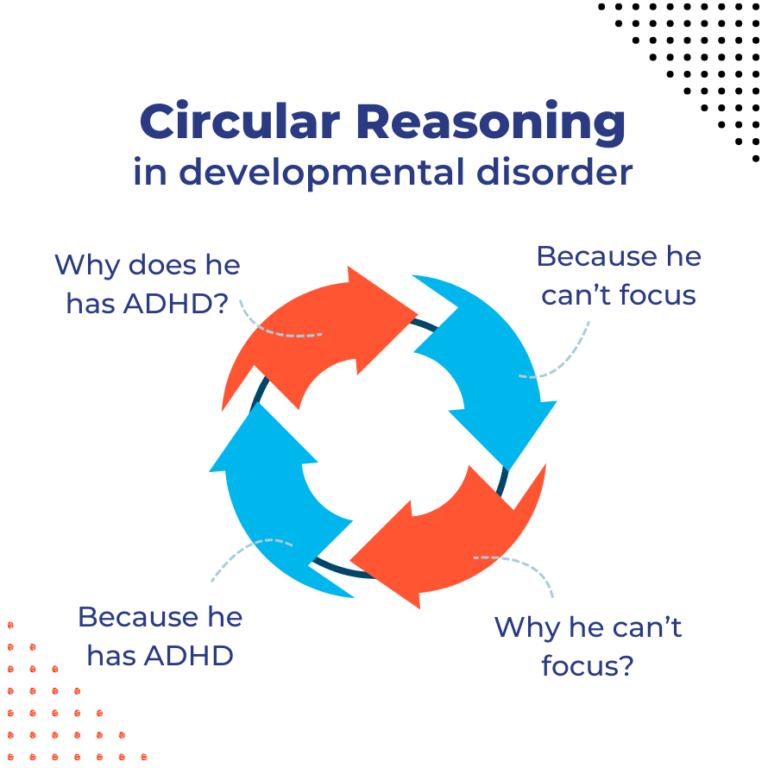Many children to go through a phase of picky eating. Some children refuse foods based on certain sensory qualities (such as texture, taste, or temperature), others refuse to taste new food and only accept a very limited range of foods.
Most children start gradually accepting a wider variety of food and typically overcome naturally this phase when they are 5-6 years old.
Daily strategies to help your picky-eating child
- Expose your child to the new/unfavorite food. Repeatedly offering (without coercion) the disliked food can increase willingness to taste and liking for the food.
- Take your time. Keep representing the food. Sometimes more than 20 times are necessary to increase familiarity of the food and start seeing positive changes.
- Mix and match. Present the food cooked in different ways. Start with small quantities of the food, possibly in combination with other highly favorite ingredients.
- Reward and praise your child when you observe positive changes (even if minimal).
When to ask for professional help?
Professional help may be necessary if refusing food has become a chronic habit for your child and if it causes weight loss, delayed growth, nutritional deficiencies or need for supplementation. Feeding disorders can have long term impact on children physical and mental development.
Check if your child has a feeding disorder by filling this online screening questionnaire. You will receive an email with the screening result.
Intervention methods depend on the underlying causes of the feeding difficulties. It can involve psychological, behavioral or medical treatment. The first step is always to assess if there is any physical condition contributing to the feeding difficulties. When physical causes are excluded, treatment is typically carried out in the natural feeding setting of the child by guiding parents to implement intervention strategies on a daily basis.
References
Food Neophobia: Behavioral and Biological Influences. (2018). United Kingdom: Elsevier Science.
The 6 Types of Picky Eater—And How to Get Them to Eat. Parents
TESTIMONIALS
Thanks to you and you team!!
We are using all the knowledge you gave us and it is working!
Takes time and patience but we are getting there.
I am so thankfullll!PARENT of 26-months-old child with feeding disorder





